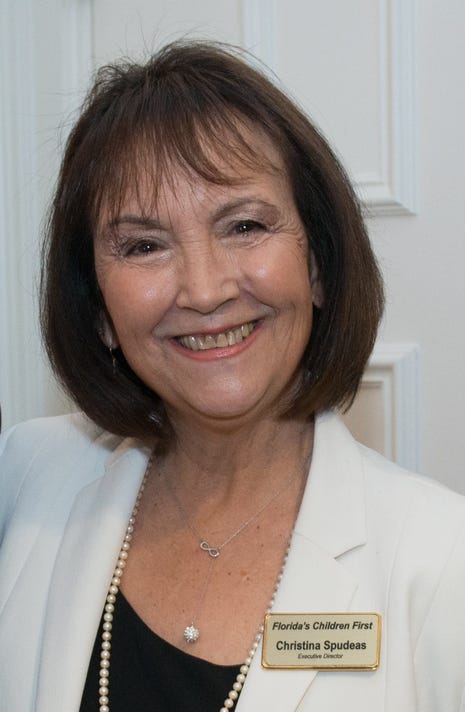
Florida has made great strides when it comes to improving the system of care for children in our state, but a new report shows there is still a long way to go.
Recently, the Annie E. Casey Foundation released “Fostering Youth Transitions,” a first-of-its-kind report with the most comprehensive data ever collected across all 50 states to help illustrate how young people ages 14 and older are faring as they transition from foster care to adulthood.
Thanks to the Florida Legislature, our state law is ahead of the curve compared to the rest of the country. However, good laws are just the first step in producing superior outcomes for our kids. The Fostering Youth Transitions report shows our outcomes are close to the national average in most measures.
But when it comes to the care of our kids, we want to strive for the best care and shouldn’t be content with average outcomes. In order to improve the quality of care, statewide advocacy organization Florida’s Children First and youth advocates from Florida Youth SHINE are asking the Legislature to consider a Bill of Rights for kids in foster care.
A Bill of Rights for foster children would help them become more informed and better understand their rights. Children can become effective self-advocates when they understand their rights and how they should be treated. Learning to speak up for themselves is a skill that can carry them through their lives.
Youth advocates from Florida Youth SHINE have appeared in Tallahassee and across the state to share their personal stories of the struggles they faced while in foster care and as they exited the system – all of which has helped lawmakers understand the need for further reform.
Recently, Florida extended foster care from age 18 to 21, recognizing that most 18-year-olds are not ready to be out in the world alone. Florida has the most extensive support for children who are attending post-secondary education, with financial help as well as free tuition.
Our state has also created groundbreaking laws that formed the basis for federal legislation, requiring kids in foster care to be allowed to participate in normal, childhood activities upon caregiver approval. While Florida has many great laws in place, the data on this report shows that we still have a long way to go to help these kids live better lives, and to help them transition into a secure and responsible adult life.
All young people — regardless of where they came from — deserve the resources and opportunities needed to give them their best shot at a successful transition from foster care into adulthood. There is so much more to do to ensure that child welfare systems are doing all they can to place young people, no matter their age, with caring families.
It is the hope of Florida’s Children First and Florida Youth SHINE that advocates, policymakers and child welfare leaders will use this information to elevate the standard of care for the state’s youth, and consider implementing the much-needed foster care Bill of Rights.
Christina Spudeas is the executive director of Florida’s Children First, a statewide advocacy organization focused on protecting the legal rights of at-risk and foster care children.
See original article HERE.

